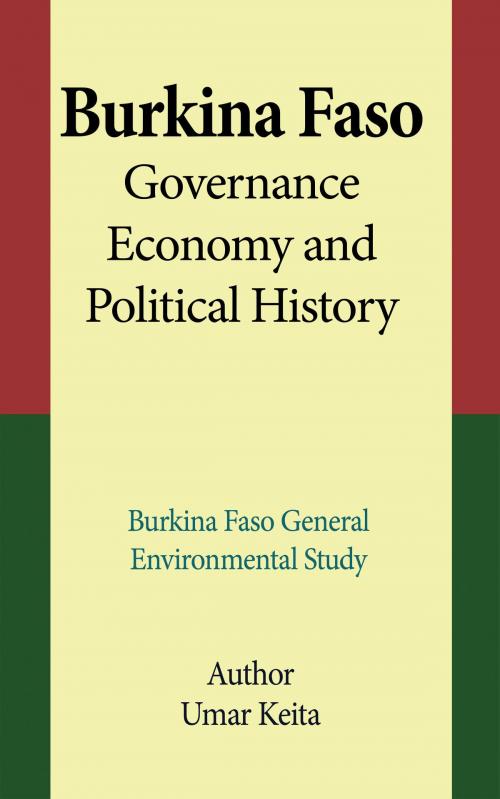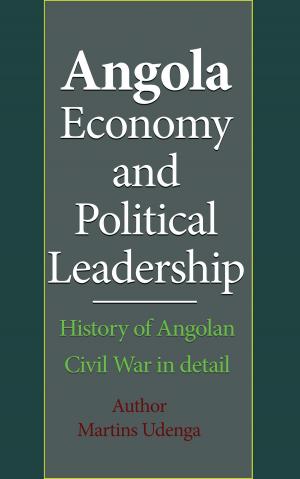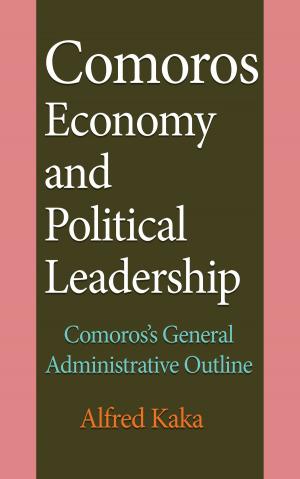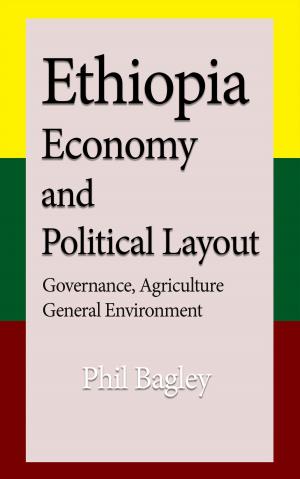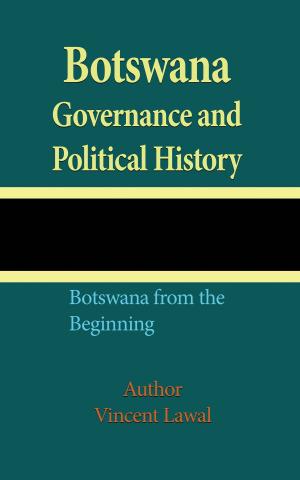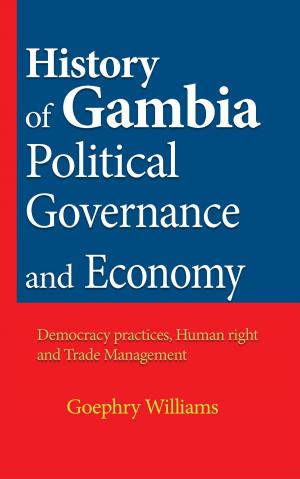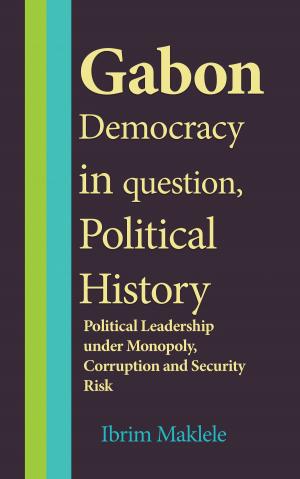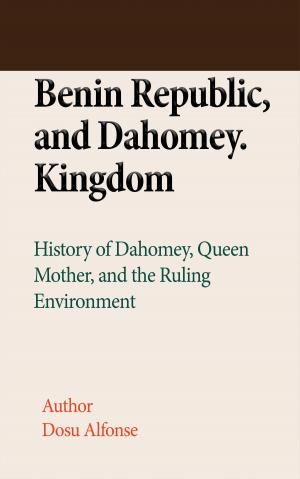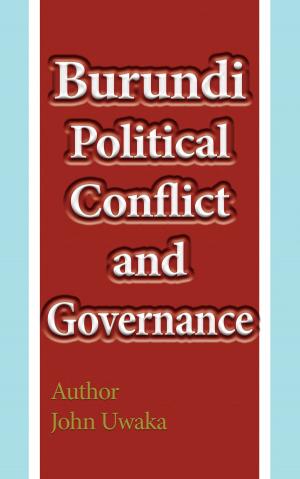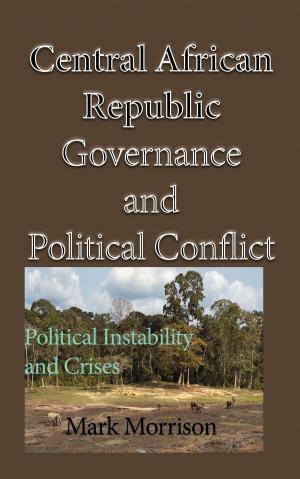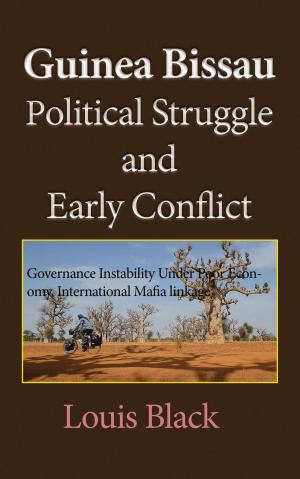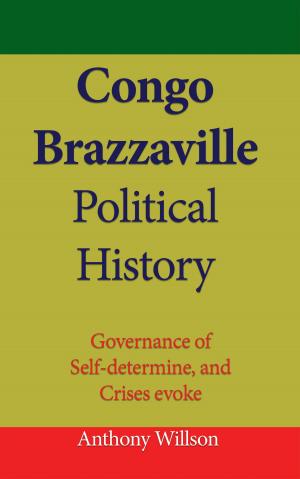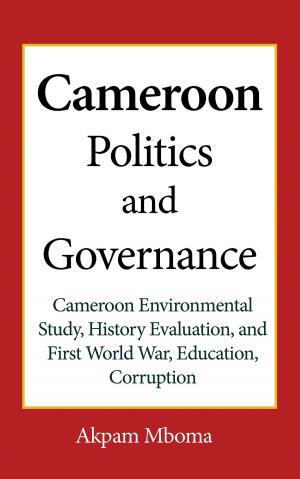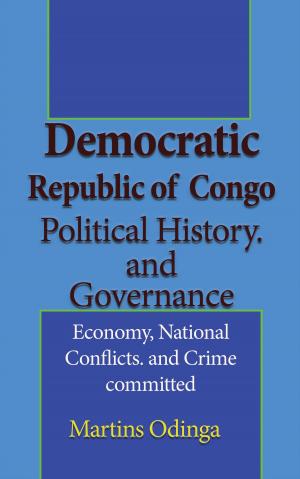| Author: | Umar Keita | ISBN: | 9781370101733 |
| Publisher: | Jean Marc Bertrand Ntakpe | Publication: | October 22, 2017 |
| Imprint: | Smashwords Edition | Language: | English |
| Author: | Umar Keita |
| ISBN: | 9781370101733 |
| Publisher: | Jean Marc Bertrand Ntakpe |
| Publication: | October 22, 2017 |
| Imprint: | Smashwords Edition |
| Language: | English |
Burkina Faso Governance, Economy Political History Since its independence on 5August 1960, the political scene has been characterized by the succession of constitutional regimes and emergency laws resulting from military coups d’etat. The return to constitutional life started in 1991 with the adoption of the constitution which lays down the free existence of parties. The new constitution instituting a semi-presidential regime enabled Burkina Faso to embark on multiparty politics and the establishment of democratic institutions. Originally elected by direct universal suffrage for seven years, the president inter alia, sets the major guidelines for state policy and appoints the Prime Minister. However, the early period of the fourth Republic unfolded in a context marked by a crisis born of the protest movements for democracy at the national level (pressing demands from opposition parties and civil society), clamours for opening up to the outside world (La Baule Speech) and the collapse of the communist bloc). This crisis contributed to rock the foundations of the 4th Republic and ended up opening opportunities for the country to embark on the democratic process
Burkina Faso Governance, Economy Political History Since its independence on 5August 1960, the political scene has been characterized by the succession of constitutional regimes and emergency laws resulting from military coups d’etat. The return to constitutional life started in 1991 with the adoption of the constitution which lays down the free existence of parties. The new constitution instituting a semi-presidential regime enabled Burkina Faso to embark on multiparty politics and the establishment of democratic institutions. Originally elected by direct universal suffrage for seven years, the president inter alia, sets the major guidelines for state policy and appoints the Prime Minister. However, the early period of the fourth Republic unfolded in a context marked by a crisis born of the protest movements for democracy at the national level (pressing demands from opposition parties and civil society), clamours for opening up to the outside world (La Baule Speech) and the collapse of the communist bloc). This crisis contributed to rock the foundations of the 4th Republic and ended up opening opportunities for the country to embark on the democratic process
